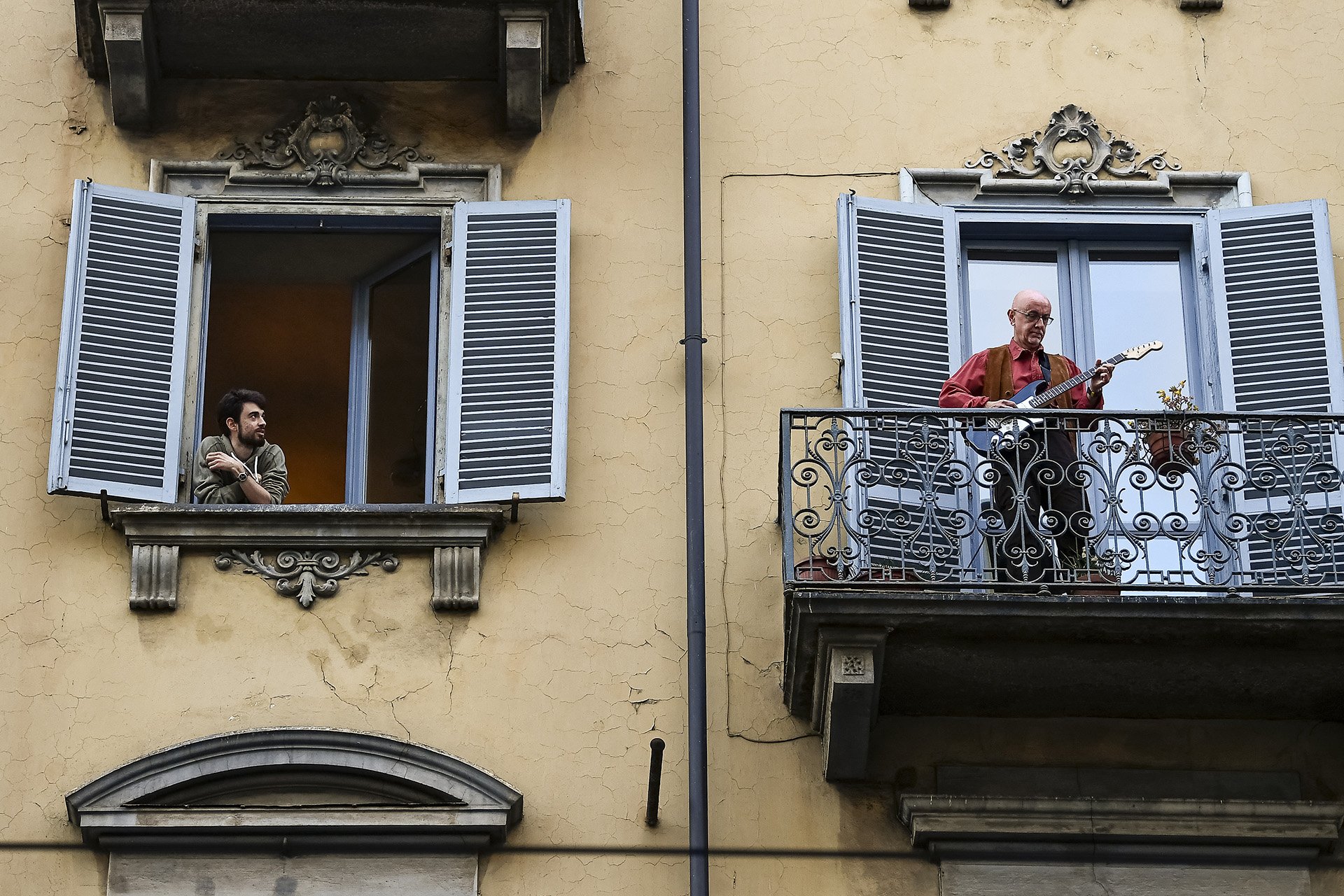Every year, World Humanitarian Day on 19 August is a chance to pause and reflect on the sacrifices and commitments made by the hundreds of thousands of people who dedicate themselves to emergency aid response efforts globally.
In 2021, more than 140 aid workers were killed while helping others – the highest number since 2013. And the numbers continue to show who bears the most risk on the job: 98 percent of deaths were local staff, and more than half worked for local NGOs.
To mark the occasion this year, we’ve gathered some essential reading – starting with a 25-year history of worsening violence against humanitarians and some poignant reflection from TNH co-founder, editor, and former CEO Ben Parker.
 201507131118080386
201507131118080386
Memento Mori
Every year, hundreds of aid workers are killed, kidnapped, or injured doing their jobs. We need to do more to honour them.

Then and Now: 25 years of aid worker (in)security
A timeline of violence against humanitarians, and of the evolving efforts to keep them safe. Are humanitarian organisations and their staff more of a target now? Were they ever protected from harm by neutrality and goodwill?

Bringing aid to my neighbours in Hodeidah just got harder
“No matter what we do, aid organisations are not designed or equipped to feed an entire nation.” Hear from Yemeni aid worker Salem Jaffer Baobaid on helping at home and under siege, and on the limits of assistance when a whole country is in need.

How the aid sector marginalises women refugees
For Shima Bahre, a refugee who volunteers as an aid worker, the humanitarian system is replicating the inequalities women face in their private lives.

Refugee, volunteer, prisoner: Sarah Mardini and Europe's hardening line on migration
Anti-smuggling laws are being wielded against people who are trying to save lives. This story focuses on one activist who fell foul of these harsh policies, but also explores the cost of doing the right thing and the increasing criminalisation of aid.

From Italy to Libya, and the world, with love
An aid worker’s letter from coronavirus-stricken Italy, wondering aloud if the pandemic will change our relationship to borders and solidarity.

Stay or go? An international aid worker's coronavirus dilemma
As COVID-19 forced countless aid workers in crisis zones to make an impossible decision, one humanitarian explains why she chose to leave.
 201510141925470090
201510141925470090
I’m a humanitarian. Don’t prosecute me for doing my job
Find out why this aid worker testified against a proposed Dutch counter-terror law, and what can go wrong when the impartiality of humanitarian action is not respected.






